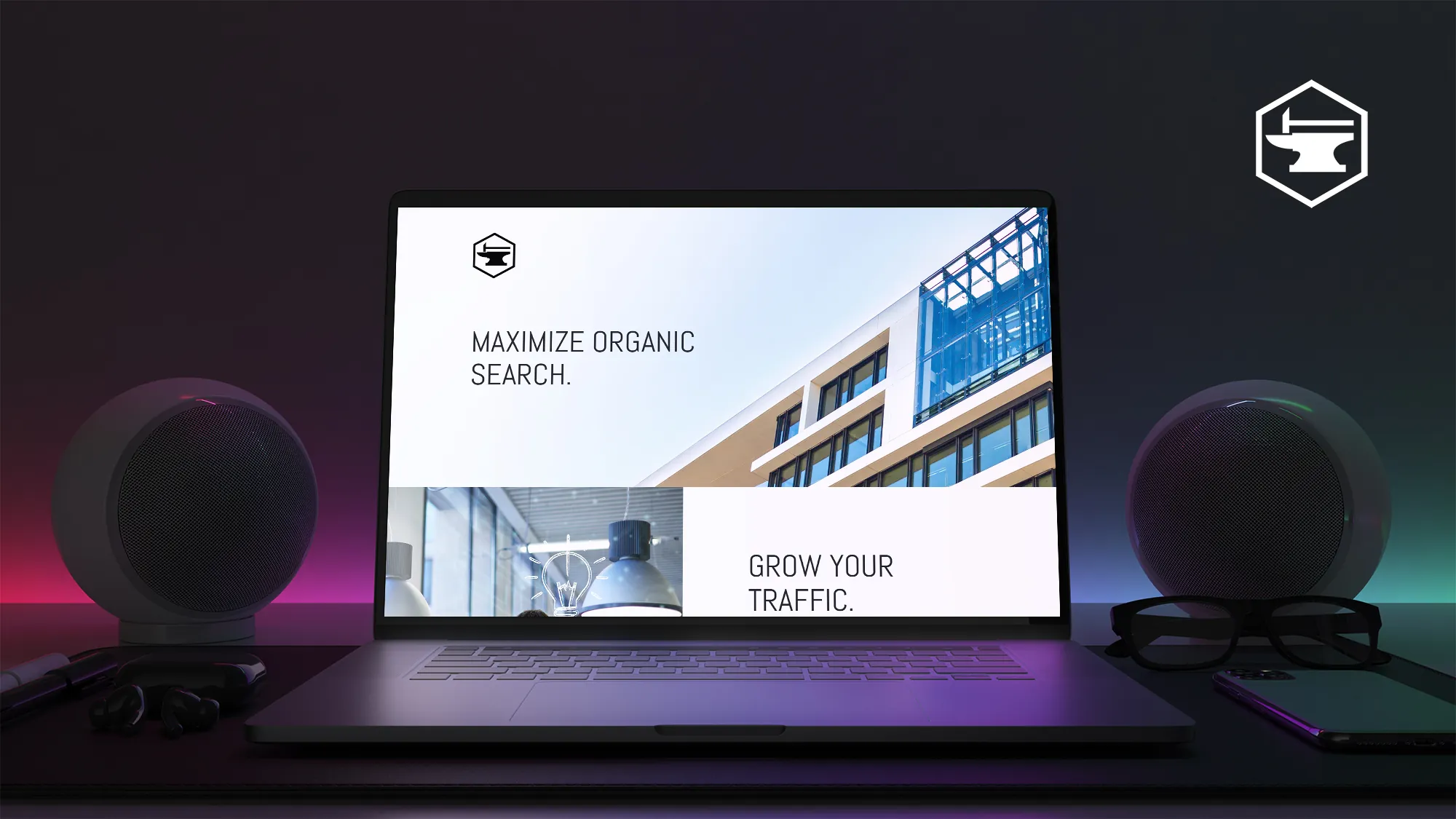Like many popular skills, WordPress takes little time to get started with but can take a lifetime to master. WordPress offers basic functionality right out of the box. Typically, even novices with WordPress can produce a usable website within minutes.
At the same time, experienced WordPress developers take time to learn how to tweak the basic content management system to enjoy better performance, including the website’s appearance, structure, speed, and search engine optimization.
A well-optimized website can help businesses enjoy the benefits of high-quality, organic traffic, so these skills will prove valuable in the long run. Consider these seven helpful suggestions to shorten the learning curve for WordPress SEO.
Tip 1: Use a Tested SEO Plugin
Some built-in WordPress features can help optimize a website for SEO. Examples include managing the permalink structure, titles, and categories. However, a good SEO plugin can ensure users adhere to best practices and improve upon out-of-the-box features. Popular WordPress plugins include Yoast SEO, All-in-One SEO Pack, and Rank Math. Most users should find these plugins relatively simple to install, and the developers offer lots of documentation.
Tip 2: Optimize Title Tags
WordPress lets users add title tags to posts and pages. Content producers should utilize this feature by optimizing titles to gain the most attention from humans and search engines. Try to craft titles that include the most important search terms and still entice searchers to click and read. That way, search engines and human readers will have no trouble understanding the relevance and value of the page.
Tip 3: Make Meta Description Tags Enticing
Engaging descriptions will attract more visitors from search listings. Search engines may not directly use the meta description for ranking; however, listings often display this content right below the title on a search results page. Thus, use the description to let searchers know how they can benefit by clicking through. Just as important, Google will often reward better click-through ratios (CTRs) with higher rankings for future searchers.
Tip 4: Employ Header Tags
WordPress gives the page title an H1 tag. Thus, most pages and posts only have one H1. That still leaves plenty of opportunities to organize content with other heading tags, like H2 and H3. These subheadings help make content easier to parse and offer search engines clues about relevance to the topic.
Tip 5: Consider Longer and More In-Depth Content
SEOs have long noted that Google tends to favor longer content in search engines. The metric that the search engine relies on probably doesn’t consider the length alone. It is more likely it views a more in-depth explanation as more valuable for its users than a summary. Longer posts also offer a chance to rank for more related topics and subtopics, including additional subheadings.
Tip 6: Build Site Credibility
Google employs manual raters besides relying upon its algorithm to build its index. The company publishes Rater’s Guidelines to ensure search quality. The search engine giant calls its foundation of quality expertise, authority, and trustworthiness, or E-A-T. Google spokespeople have also discussed the importance of focusing on these foundations for websites impacted by algorithm updates.
Thus, WordPress sites should include appropriate pages to establish credibility, like a contact, about, privacy, and legal terms page. Also, displaying social proof, like links to social network pages and adding customer testimonials, can also help build trust.
Tip 7: Develop High-Quality Backlinks
Search engines still use backlinks from high-quality domains as a ranking factor. The algorithms generally favor trends demonstrating a steady accumulation of backlinks because that pattern appears more natural. Typically, the number of unique, high-quality referring domains matters more than the absolute number of links.
Google favors natural links and might ignore or penalize purchased ones, and the search engine algorithms have grown skilled at telling the difference. To take a more active approach to link building, consider looking for relevant websites that could benefit from resources on the WordPress site and ask for a link. Some other good ways to earn attention and natural links include appearing on podcasts, submitting press releases, and consistently sharing on social media and other platforms.
What’s the Best Solution for Your Next Big Idea?
If your business needs more efficient site design and management, contact us here at Temper and Forge. Let us know what you need to build, and we’ll offer you the best solutions.

